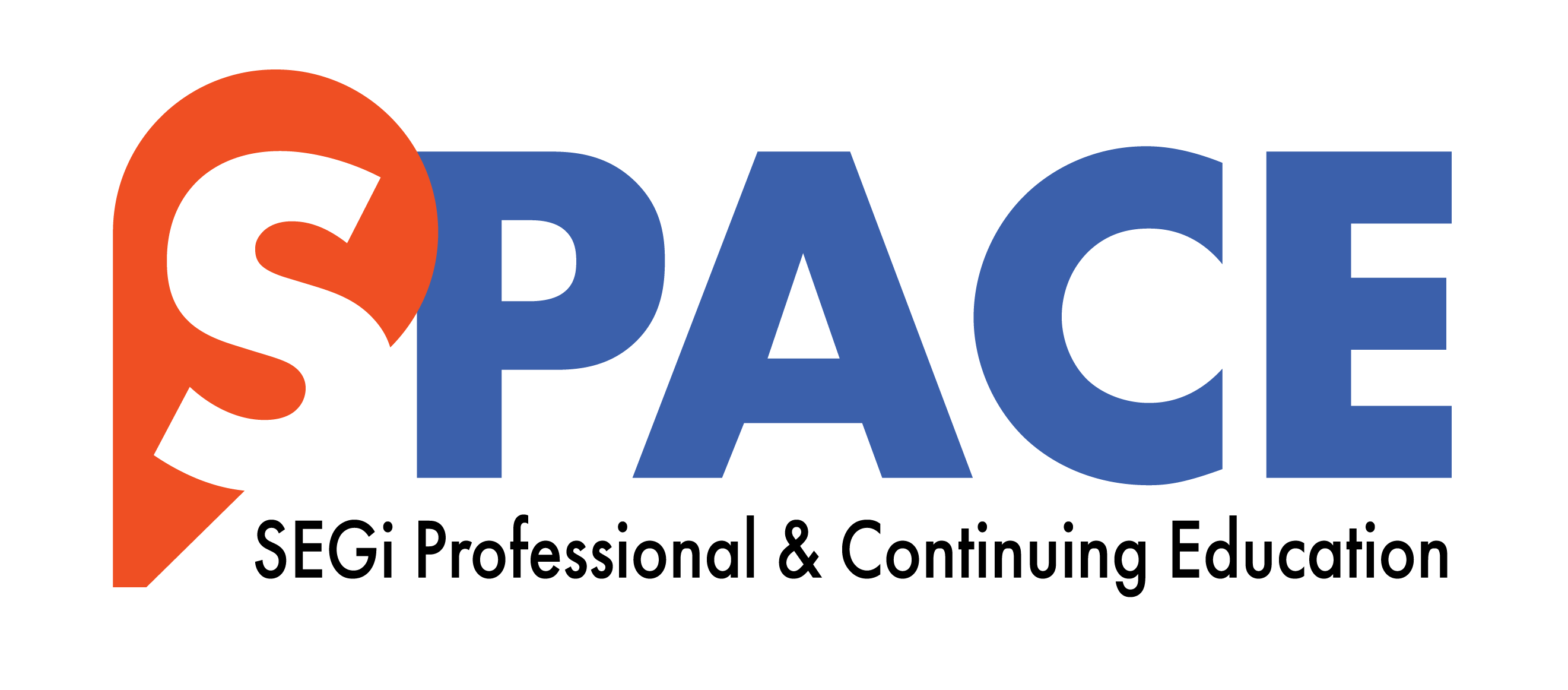Flexible Learning That Enhances Your Potential
Micro-credential certification in Language & Communication Disabilities in Children (BEd)
This course provides an overview of the various language and communication problems found among children with special needs. Theories of language acquisition in young children are discussed as well as the factors which can affect its normal development. Focus is given to the different methods of language assessment and ways of helping special needs children acquire language to help them in daily communicaton. By the end of the course students are expected to realise the importance of helping children with disabilities acquire good language and communication skills.

This programme is designed, delivered, assessed and awarded by SEGi University.
- Communication, Language and Speech
- Components of Language
- Theories of Language Acquisition
- Language of Children with Learning Disabilities
- Language of Children with Intellectual Disabilities
- Language of Children with Autism Spectrum Disorders
- Language of Children with Sensory Losses
- Language of Children with Emotional and Behavioural Disorders
- Enhancing the Language of Special Needs Children
- Enhancing the Language of Special Needs Children
- Augmentative and Alternative Communication (AAC)
Coursework 1 - 30%
Coursework 2 - 30%
Report - 40%
- Bachelor of Education (Honours)
- Master of Education by Research
- Master of Education by Coursework
School leavers who want to get a head start before joining an academic programme or a working adults who want to upskill or learn a specific skill; work with rapidly changing technology; and/or acquire specialised skills sought after by employers.
